List of "Lugon McCall's Books" - Zola's masterpieces, including "Izakaya" and "Nana
We have introduced the "Lugon Makkar Series" over the past 20 volumes, and this article will list them and give a brief summary of what each piece is about.
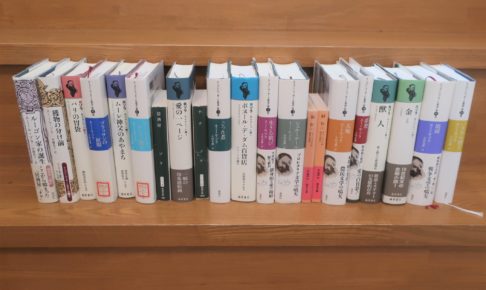 Emile Zola, the blog author's favorite author.
Emile Zola, the blog author's favorite author.We have introduced the "Lugon Makkar Series" over the past 20 volumes, and this article will list them and give a brief summary of what each piece is about.
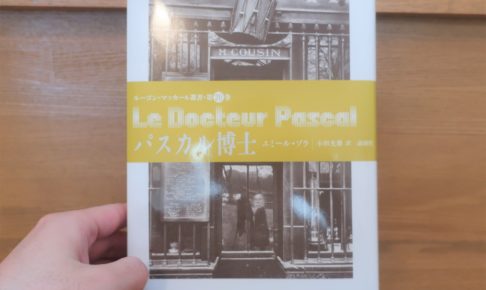 Emile Zola, the blog author's favorite author.
Emile Zola, the blog author's favorite author.For 24 years, Zola wrote 20 volumes of full-length novels, almost one per year.
Considering the weight of each book, Zola continued to write with an energy that could truly be described as extraordinary.
The culmination of this work is "Dr. Pascal," which is the most clearly visible work of Zola's thought as the conclusion of the "Lugon MacCarl Series.
This work is one of my top 3 among the 20 books in the series. This last work in the series was also a masterpiece among masterpieces!
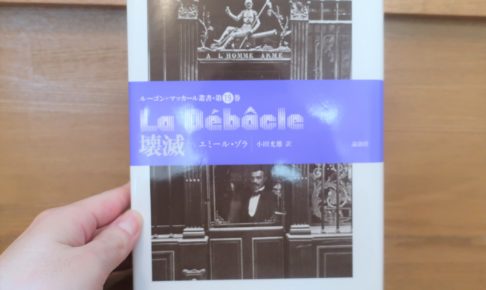 Emile Zola, the blog author's favorite author.
Emile Zola, the blog author's favorite author.This work is not well known in Japan but is regarded as a milestone in war literature.
Zola's signature sensory stimulating writing makes you feel as if you are watching the war up close and personal.
Zola is still an artist. He gives the reader terrifying inspiration, images, and shocks. He does not merely copy the phases of the world, he sublimates them into art.
The Devastation was a massive work, a fitting climax to a series of books. Its reputation as a masterpiece and a milestone in war literature is unquestionable. It was a wonderful work.
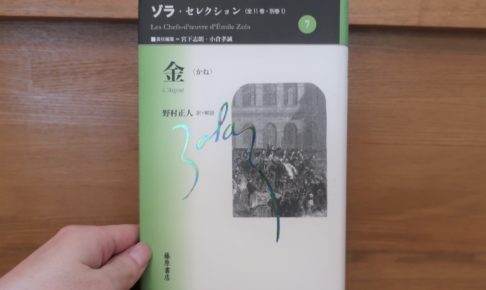 Emile Zola, the blog author's favorite author.
Emile Zola, the blog author's favorite author.In "Prey's Share," the protagonist, Saccar, made a huge amount of money mainly through land speculation, but in this film, we see him throw himself into a new battle by establishing a huge bank. Saccard's rival Jews are modeled on that Rothschild family. During the Second Empire of France, financial wars actually broke out between the new banks and the Rothschilds. Zola painstakingly researched these facts and incorporated them into this work.
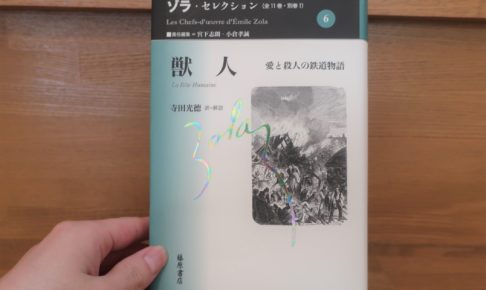 Emile Zola, the blog author's favorite author.
Emile Zola, the blog author's favorite author.Raskolnikov killed by reason, Jack by instinct.
The contrast between the two protagonists is perhaps the clearest indication of the difference between Dostoevsky's and Zola's views of humanity.
If you are hooked on "Crime and Punishment," I hope you will read this one as well.
I recommend this book along with Balzac's "Old Gorio" (see article below).
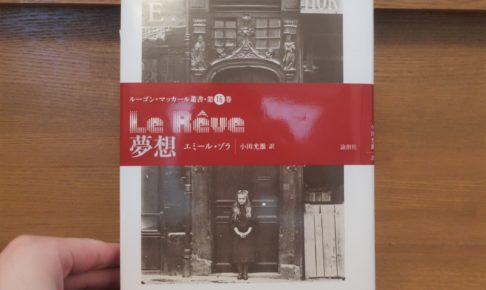 Emile Zola, the blog author's favorite author.
Emile Zola, the blog author's favorite author.I must confess that this piece was the most bewildering to read of the 20 volumes of the "Lugon-McCall Series."
The storyline was so eccentric that Angelique's dreaming was not unlike Zola's, and the prince actually appeared and fell in love with her, and even asked her to elope with him.
For me, for better or worse, this work had a strange impact.
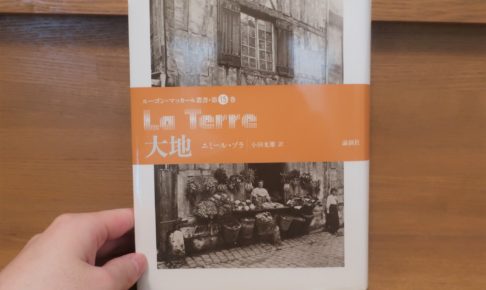 Emile Zola, the blog author's favorite author.
Emile Zola, the blog author's favorite author.The Land" depicts the lives of French peasants in the countryside. And as we can see from the works we have seen so far, France was undergoing rapid economic development and people's lifestyles were changing, as depicted in "Bonheur des Dames Department Store".
This novel was painful to read. I can't tell you how many times I sighed at the sheer rawness and misery and lack of redemption...
Zola must have wanted to express the problems faced by farming villages that much more sincerely and straightforwardly. I think it is more than worthy of being called a masterpiece.
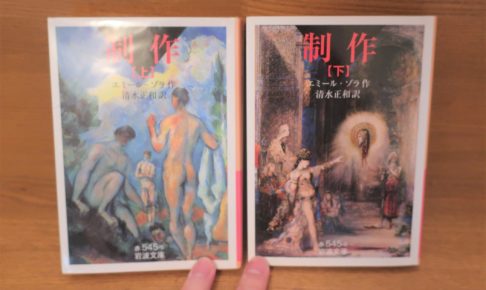 Emile Zola, the blog author's favorite author.
Emile Zola, the blog author's favorite author.This story is also Zola's autobiographical novel. The relationship between the protagonist, the painter Claude, and his close friend, the novelist Sandoz, is reminiscent of the relationship between the impressionist painter Cézanne and Zola.
Cézanne is the master of Impressionism. Zola and Cézanne had been schoolmates since Zola was 15 years old, and they remained in close contact with each other even after moving to Paris. Zola wrote many art criticisms for the development of Impressionism, and Zola himself learned a lot from the genius of Cézanne. In a sense, the two were allies in opening up the art world.
It is a great book to know the birth pains of an artist!
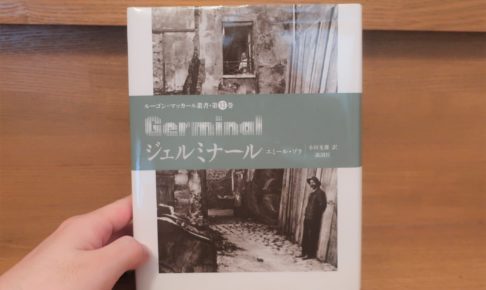 Emile Zola, the blog author's favorite author.
Emile Zola, the blog author's favorite author.In "Germinal," we see the oppressed workers, the reality of unknowable stock market domination, and the consequences of a socialist ideology that is spiraling out of control.
Socialist thought may sound complicated, but this work is neither a philosophy book nor a technical book. Zola tells the actual content through people's stories and weaves socialist thought into the story in a very easy-to-understand way.
It is much easier and more interesting to learn than reading difficult technical books.
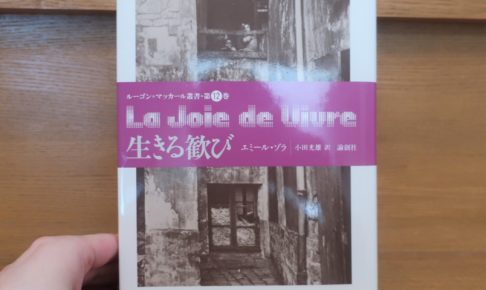 Emile Zola, the blog author's favorite author.
Emile Zola, the blog author's favorite author.In the summary and synopsis, I told you that the main character, a young girl named Pauline, falls in love with a no-good man named Lazar, but that is Master Zola. But that's Master Zola's point. He doesn't let it end as just a disappointing love story of a kind girl.
In fact, Zola intentionally cloaks Lazare in Schopenhauerian pessimism (pessimism, pessimism), which was very popular at the time, and has Pauline, who embodies the joy of life, stand in opposition to him.
And so Zola was attempting to state a counterargument to the pessimism that was so prevalent at the time!